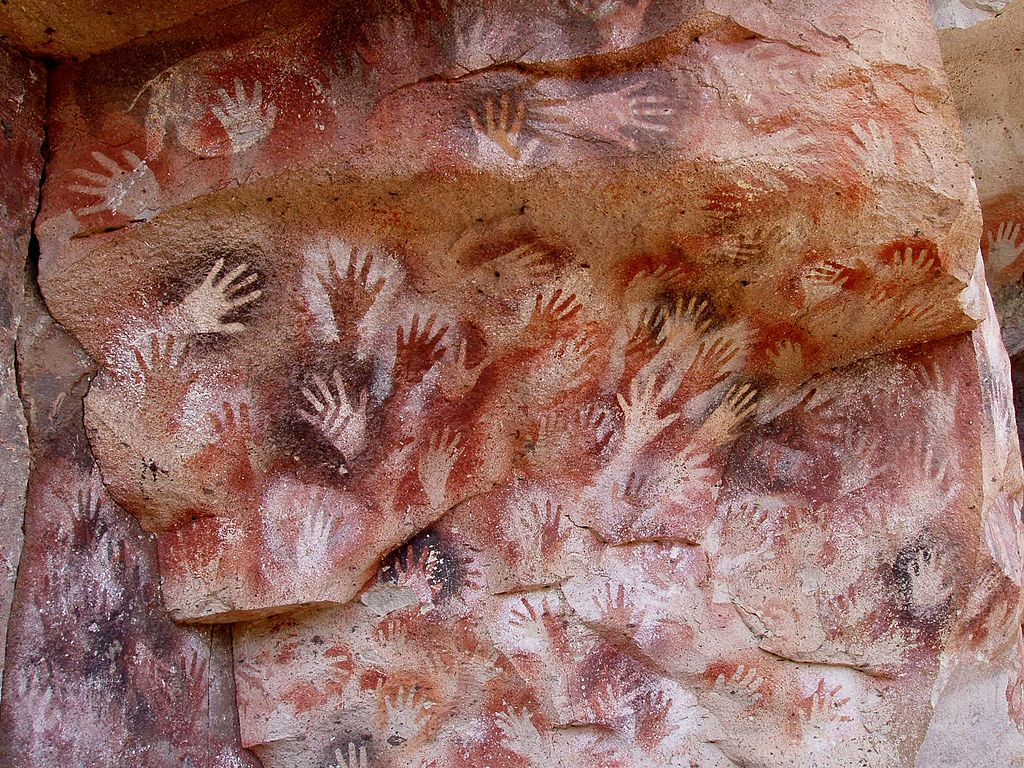Jonathan Skinner

Post-ecopoetics is a guide for thinking the longevity and durability of the poem in deep time. I have asked a number of poets and scholars to serve as additional guides by asking them to respond to the following questions: “What will poetry be in ten thousand years? If you wrote a poem that you knew would last ten thousand years, how would this impact your writing?”
Each of their responses will be posted as an individual commentary linked to this series.
If I wrote a poem that I knew would last ten thousand years the ecstasy of communication might overtake the particulars of writing and poetry: it would mean writing from the place of resonance where masses suddenly agreed to dematerialize to make way for a web of life that makes legibility not only meaningful but possible. What is a poem and what is writing and what does it mean to last. I always ask these questions, but knowing something of the timescale involved might slow the attention to each syllable, enough to blur sound into image: I could never be sure which part means, nothing so sure as the upwards transport of phloem inside bark. Meaning would lose its arrow-like shape and in fact I could be less than ever aware of time as I breathed with other bodies also attuned to this configuration of stars made precious in the reflective exposure of one of 120,000 moons. The communication might take the form of an extinct oryx, or the precise outline of this bit of electronic glass, convulsed with electricity, or a sheaf of barley integrated with my brain pattern, perhaps a lover’s face smiling over a shared dish of cephalopod. Knowing the poem lasts might ironically kill it: is it not the edge of failure that motivates this intensified attention to language as wake up call to ears clogged with the mud of time future and past? Can I assume the rhythm of algae on the sea floor without worrying about the fate of coral reefs. Dancers’ feet in nightclubs gently drill the earth’s crust with something like a shadow of the beat necessary to writing a collective poem in the earth. I want them to say the Anthropocene was beautiful — it was green all over and nightingales sang and the horses snorted in the dark and damp of night.

Post-Ecopoetics